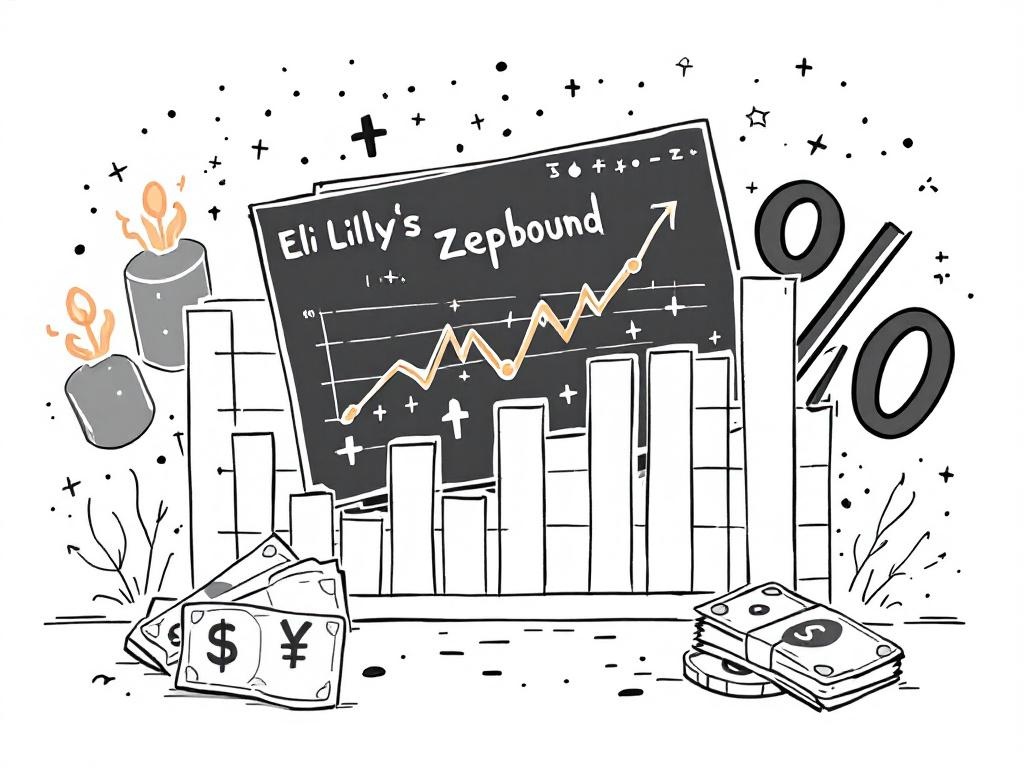Eli Lilly Increases Sales Forecast Amid High Demand for Zepbound

Indianapolis, Thursday, 7 August 2025.
Eli Lilly has boosted its annual profit forecasts, driven by a surge in demand for its weight-loss drug Zepbound, highlighting a growing market focus on weight management solutions.
Eli Lilly’s Strategic Move in the Weight-Loss Market
Eli Lilly & Co., traded under the ticker symbol LLY, has made significant strides in the weight-loss pharmaceutical market by raising its full-year profit and sales forecasts. As of Thursday, 7 August 2025, the company has attributed the upward revision to the high demand for Zepbound, its weight-loss drug. This aggressive stance positions Eli Lilly to capture a larger market share from competitors like Novo Nordisk’s Wegovy, a prominent player in the weight-loss industry [1][2].
Financial Outlook and Market Strategy
Eli Lilly has recalibrated its financial expectations, forecasting adjusted earnings of $21.75 to $23 per share and annual sales to range between $60 billion and $62 billion. Previously, the company’s guidance was set at $20.78 to $22.28 per share and $58 billion to $61 billion in sales, marking a notable increase in financial targets. This adjustment reflects both the surging demand for Zepbound and the company’s broader engagement with new and existing markets [1][3].
Zepbound’s Market Performance
In the U.S., Zepbound’s weekly prescriptions have notably outpaced those of its competitor Wegovy, with 418,597 prescriptions compared to Wegovy’s 281,725 as of the week ending July 25. This reflects a significant lead in the market, bolstering Eli Lilly’s position within the incretins class of drugs, which includes both Zepbound and Mounjaro. The market share for these medications has similarly increased to 57% during the recent quarter [1][4].
Implications for the Broader Pharmaceutical Industry
The market for GLP-1 agonists, which encompasses weight-loss solutions like Zepbound, is predicted to generate an industry-wide revenue of approximately $150 billion over the next decade. With competitors like Novo Nordisk anticipating heightened pressure from Eli Lilly’s aggressive advancements, the landscape of weight management pharmaceuticals is poised for dynamic changes. This increased competition underscores a strategic realignment within the industry, emphasizing innovation and market expansion [1][5].